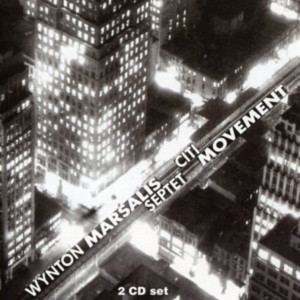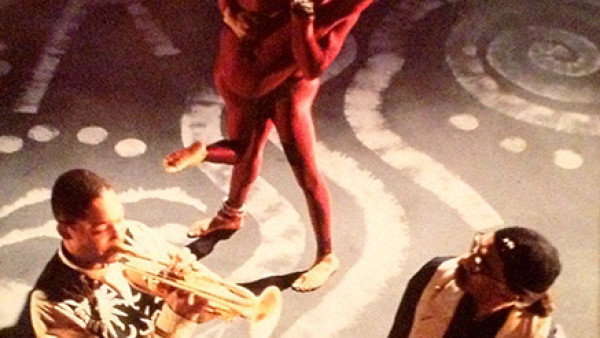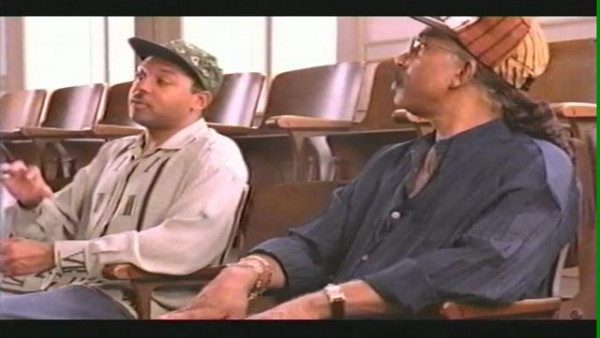Wynton Marsalis Septet and Garth Fagan Dance at Royce Hall
All of the hype that broke out over Wynton Marsalis when he first appeared on the scene may have been 10 years premature. Only now has he finally become a genuine jazz giant, signs of which were amply displayed in, of all places, Royce Hall’s orchestra pit.
The world of modern dance has unexpectedly brought out the best in Marsalis, who prior to meeting Garth Fagan in 1985 had absolutely no exposure to the form. Fagan’s troupe inspired a two-hour Marsalis ballet score, “Citi Movement” (released on Columbia in February), which contains the trumpeter’s most unified, most adventurous and, often, most humorous writing yet.
Only a few fragments of “Citi Movement” were on display, though, accompanied by other ballet pieces grouped under the Fagan umbrella title “Griot New York.” Yet the stylistic range was extraordinary, starting with Marsalis’ early straight-ahead Miles Davis-circa-1965 style and moving back through Louis Armstrong and Duke Ellington, from whose influences Marsalis synthesized his own thing.”The Disenfranchised” had a wild Charles Mingus quality and the rickety “Waltz Detentes” sounded a bit like New Orleans meeting Stravinsky. There was even an avant-garde freakout prior to the madly swinging “High Rise Riff.”
All of this was set against the sleek, writhing, frantic, sometimes antic work of the dancers and stark backdrops that sharpened the impact of the jazz in the pit.
There were also lyrical interludes, with Wynton squeezing a tremendous amount of emotional juice out of “Spring Yaounde,” as accompanied only by pianist Eric Reed. As always, Marsalis’ septet kept up a crackling pace, with trombonist Wycliffe Gordon coming up with the tastiest solos this time.
Through it all, Marsalis and company could scarcely contain themselves as mere accompanists in the shadows. They would come up with spotlit intermezzos and brief, jaunty New Orleans episodes before the dance numbers.
Finally, after the dancers had left, the septet played on before a gaggle of admirers, jamming on the tune “Curtain Call” as Reed and the horns wailed in sheer joy.
By Richard S. Ginell
Source: Variety




